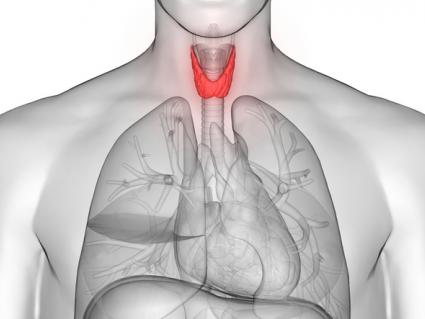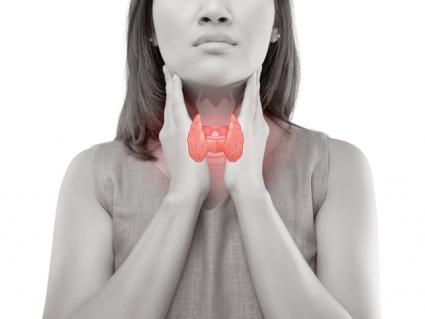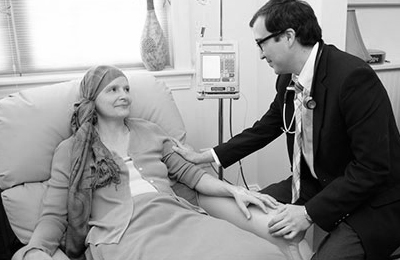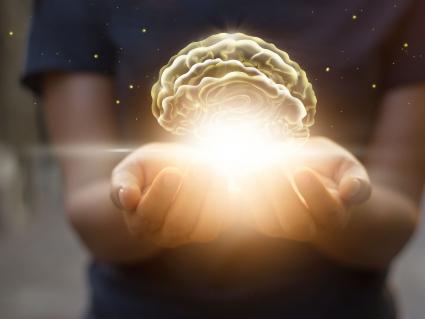Thryoid
Optimal Thyroid Health: A Focus on a Gluten-Free Diet

It’s estimated that 20 million Americans have some sort of thyroid disease, meaning an issue with their thyroid gland that causes it to either under or over-produce thyroid hormones. These hormones are responsible for regulating the body’s metabolism and without proper diagnosis and treatment, thyroid disease can lead to further complications of the heart, fertility, bone health, and weight gain or weight loss. Women are 5-8 times more likely than men to have thyroid problems.
Hyperthyroidism is when the thyroid gland overproduces hormones and as a result, the metabolism increases beyond what is healthy. Individuals with hyperthyroidism often struggle to keep weight on, despite eating adequate or increased food intake.
Read MoreTake Charge of Your Thyroid Disorder with Acupuncture Pressure Point #17: The Small Intestine

As a complete system of medicine, acupuncture and Chinese herbal medicine treats and supports not only pain, which is what brings most people in, but in fact anything health and medically related, including endocrine issues such hyper- and hypothyroid. The approach in diagnosis and treatment is much different than a western medical doctor, of course, but one that can be integrated into a healthcare plan to help encourage healing and even thriving.
Chinese medicine attributes many functional aspects to the organs that do not always correspond to how western medicine explains how they work. In Chinese medicine the organs create, regulate, and circulate Qi, blood, and body fluids as well as help to transform, move and excrete food, fluid and substances. The Spleen, for example, has almost nothing in common with the biomedical spleen, and is more closely related to the pancreas, although this organ is not mentioned in Chinese medical texts.
With any one disease, an acupuncturist will look for
Read MoreWhat to Know About Thyroid Hormone Replacement Therapies
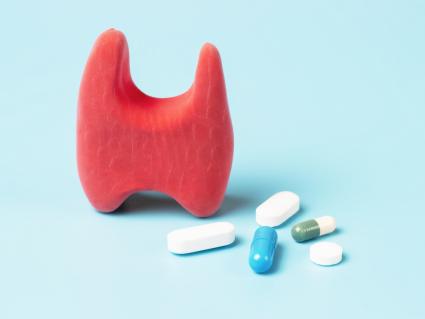
The most common medication use to treat hypothyroidism is levothyroxine, which is a synthetic thyroxine (T4) that was developed in 1927. This medication must be converted to active T3 for it to alleviate the symptoms of hypothyroidism. There are many factors that can negatively influence the conversion of T4 to T3 including stress, trauma, infections, liver or kidney dysfunction, toxins, and certain medications. Minerals such as zinc and selenium are cofactors in the conversion of T4 to active T3. If these minerals are deficient, then inadequate conversion of T4 to T3 would lead to lower T3 levels.
Often considered a more natural option for thyroid hormone replacement is...
Read MoreFinding The Right Thyroid Hormone Replacement Therapy…For You

Finding the right thyroid hormone replacement requires a thorough investigation of clinical symptoms.
Read MoreThe Thyroid & Chinese Herbal Medicine
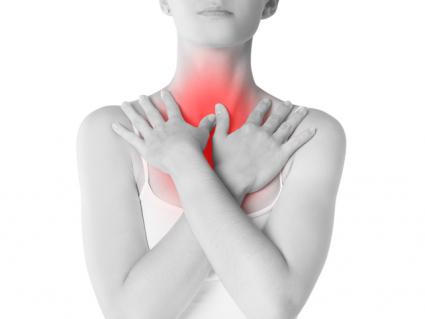
Thyroid imbalance impacts our body in different ways.
Read More
